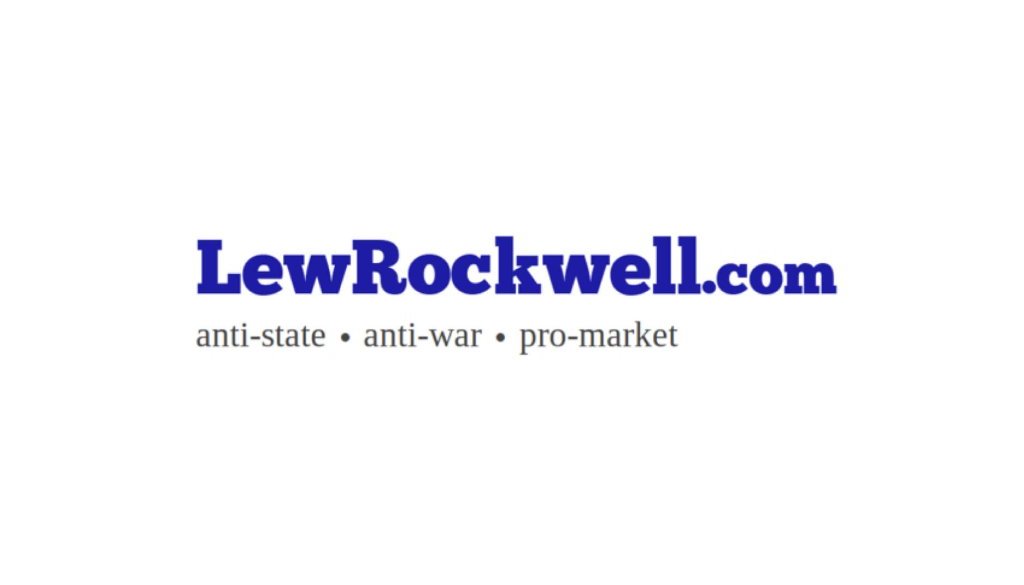The Catholic Artificial Intelligence Moment
Soon after his election, Pope Leo XIV revealed why he chose his papal name, and he noted that the rise of artificial intelligence was on his mind:
I chose to take the name Leo XIV. There are different reasons for this, but mainly because Pope Leo XIII in his historic Encyclical Rerum Novarum addressed the social question in the context of the first great industrial revolution. In our own day, the Church offers to everyone the treasury of her social teaching in response to another industrial revolution and to developments in the field of artificial intelligence that pose new challenges for the defence of human dignity, justice and labour.
The new pope’s comments should signal to every Catholic: if you aren’t preparing for AI and how it will impact the world, you should be.
It’s a cliché at this point to say that AI will change the world. Tech moguls and Silicon Valley visionaries proclaim the dawn of an AI-driven utopia with all the breathless wonder of the Second Coming: a world where disease is eradicated, poverty is solved, and human toil becomes a relic of the past. But here’s the thing: some of the promises of the AI promoters might actually happen. You don’t have to be Nostrodomus to predict that our world in ten years will look far different than it does today because of AI.
These changes challenge many people’s conception of what it means to be intelligent, or even human, and what man’s place is in a world dominated by machines. As people are driven to ask these questions, Catholics need to be on the forefront, ready with answers that diminish neither the dignity of man nor his technological ac
Article from LewRockwell

LewRockwell.com is a libertarian website that publishes articles, essays, and blog posts advocating for minimal government, free markets, and individual liberty. The site was founded by Lew Rockwell, an American libertarian political commentator, activist, and former congressional staffer. The website often features content that is critical of mainstream politics, state intervention, and foreign policy, among other topics. It is a platform frequently used to disseminate Austrian economics, a school of economic thought that is popular among some libertarians.



